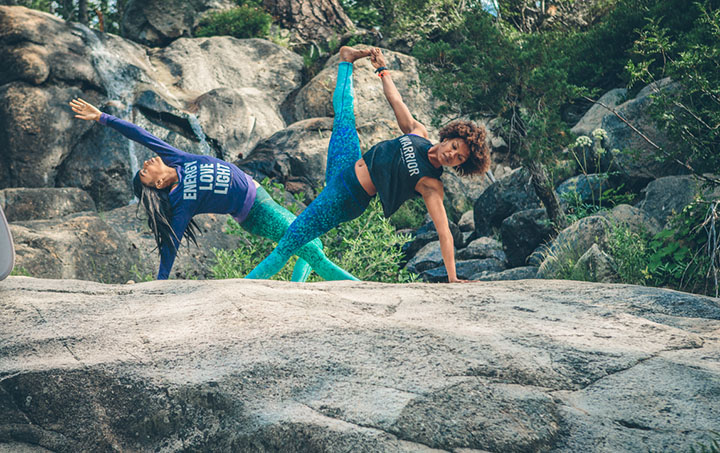In high school, you probably learned to memorize facts, numbers, and equations. While those components of understanding are important, they’re truly just the first steps. The people who have possessed the best, most comprehensive minds in the world—throughout time and history—have all been critical thinkers.
When you’re using your critical thinking skills, you’re objectively looking at a situation or problem and using educated and thorough evaluation, so that’s you’re able to come up with a solution. Critical thinkers are able to see different avenues to take, follow them to their natural conclusion, and make decisions based on his or her imagined findings. If you’re looking to improve your critical thinking skills this month, here are five ways that will have you headed down the right path.
Introduce yourself to that world’s sharpest minds.
One of the best ways to think improve your critical thinking is by immersing yourself in the knowledge of others. By listening to the wisdom of true experts, you may find yourself thinking about situations differently than you had before. Knowledge truly is power, especially when it comes to thinking critically.
How do you find an easy way to hear from experts you may not normally have access to? You simply have to enjoy podcasts. The Jordan Harbinger Show interviews some of the most exciting experts in the world. There’s so much to learn from people like comedy writer, Neal Brennan and the spy on the inside that helped take down Al-Qaeda, Aimen Dean.
Through Harbinger’s interviews, you’ll learn about how incredible people do their amazing specialties. Demystifying the processes they take to accomplish seemingly monumental tasks, will give you the confidence to begin thinking critically about your own dreams and goals. Also, you’ll have a great time learning about fascinating people and their stories.
Take steps to understand others.
A huge part of critical thinking is being able to examine what you’re trying to solve in an unbiased way. Our biases can get in the way of critical thinking by replacing rational thought with emotion-driven objectives. If you’re wanting to improve your critical thinking skills in order to take a position of power—like being a lawyer, the head of a company, or a politician—it’s important that you understand and respect all groups of people, so you can include their beliefs when you’re thinking about ways to improve a case, company, or even government.
Religious beliefs and groups can create a divide in understanding if you’re not familiar with their beliefs. If you’re not religious and you’re looking to broaden you’re understanding of a group of people, consider taking a look at different study Bibles and religious texts. By reading study Bibles, you’ll understand exactly how people are taught to interpret texts, and may have a better window into coming up with a plan that won’t face opposition from religious groups. Make sure you’re doing your due diligence and study all other types of religious texts as well.
Question what you think you know.
The second you begin to assume anything, you’re no longer thinking critically. By questioning what you think you know as fact, you may find that what you believe isn’t founded on factual information. Continue asking “simple” questions to the people who matter. You may be shocked by their response.
Continue to challenge yourself.
Meet up and chat with people who are willing to challenge your viewpoints and theories. You’ll learn how to better play devil’s advocate with yourself, and therefore learn to see a fuller picture of every side. Critical thinkers aren’t afraid to be challenged or wrong, because they can always learn from missteps in their thought processes.
Don’t hate! Collaborate!
Collaboration is a fun way to get better at critical thinking. Try to solve a problem or puzzle with someone. You’ll both bring different strengths to the way you think, you’ll learn from each other, and you may even have a great time doing it.
Readers Might Also Like:
 9 Life Hacks To Gain From Starting A Yoga Practice
9 Life Hacks To Gain From Starting A Yoga Practice
 How Organic Products Can Help Your Life?
How Organic Products Can Help Your Life?
 The Health Benefits of Flaxseed
The Health Benefits of Flaxseed

